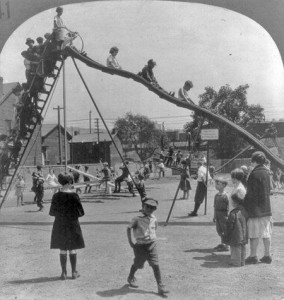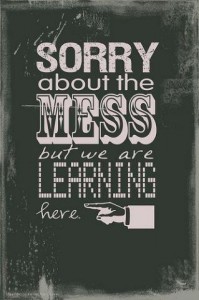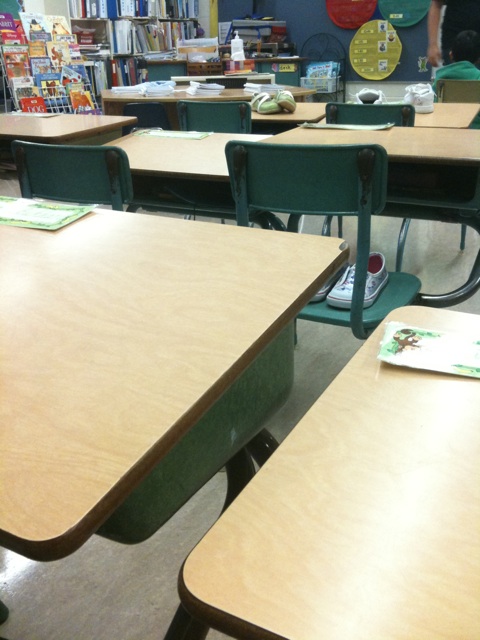Last year one of our teachers, at that time an assistant principal, surveyed some of our senior students about how they learn, who they learn from, and the role of their teachers in their learning.
His survey, in a nutshell, demonstrated that ‘they don’t need us’. They have their tutors and they come to class but do not participate in class discussion because they don’t want to admit they are tutored and in some cases far ahead. Not all students, but a large number of them.
So I wonder why, after being accepted into the much-coveted selective Melbourne High School, they continue to be tutored. Isn’t this a lack of confidence in their teachers? Where does most of their learning take place?
Our students are competitive; in many cases they choose their tutor – the one who apparently ‘will get them a 50′. There is no self-directed learning in this relationship – they believe tutors will somehow get them the final ranking they aspire to. There is an implied process that, if followed and supported by the experienced tutor, will result in a top mark. These students are tutor-focused; I see how often they talk to their tutor on their phones in the library during their study periods. I guess they would be chatting to them even more frequently after school hours.
While they are focusing on their tutored work – occasionally even asking their teachers to help them with work their tutors have set -something else happens – it is the absence of these students from class. Students are sometimes physically and/or mentally absent from class because they don’t value a particular subject as much as other subjects, or they are in the library studying for their most important subjects. From year 9 onwards, students sometimes have already decided which subjects they will select in VCE and which are not part of that plan.
Teachers are frustrated by absences, students’ failure to do assignments and homework, or lack of engagement when this happens. And with good reason; they have prepared interesting, engaging lessons and have much to give to their students. Focusing on more than marks, teachers try to engage their students in the learning itself, and that kind of learning takes shape in passionate collaborative conversations, healthy debate, critical thinking and reflection, deep reading and a writing process which evolves after feedback and review.
We talk about lifelong learning. In my conversation with teachers at school, I guess that our teachers realise that our students need to drive their own learning so that they prepared for higher education and life. I’m not sure, though, if our school system is designed to prepare them for this. I’m also not sure that our boys’ parents understand how much more important this is than helping them achieve the highest ATAR. I probably fell into that category myself when my two sons were at school. I understood the value of lifelong learning but was more concerned that their final VCE ranking enabled them to get into their preferred courses. I may have thought that learning habits would fall into place once they got into their preferred tertiary courses. Maybe the two don’t play well together – working for the high ATAR and delving into deeper learning and developing literacies. After all, in our school at least, the quest for the gold ATAR begins when the students arrive in year 9.
Lifelong learning. Funny how these catch-phrases somehow become meaningless. We know what the term means but I wonder if we are tied up with abstract notions more than getting our hands dirty.
I was reading Audrey Watters’ article, ‘Roaming Autodidacts and Entrepreneurial (L)Earners: The stories we tell about lifelong learning.’
In general, Americans do believe that lifelong learning is important, so it’s not that surprising that hyperbolic narratives about the future of learning are appealing to us.
‘Hyperbolic narratives’ – yes, I’ve fallen for these. They are so uplifting – temporarily – but they don’t always fit into the everyday reality in schools/higher education. As we constantly rewrite curriculum, exchanging definitions over the years to come back full circle, do we really have the time to build a deep understanding of the terms in our curriculum mapping and policies? Is all the rewriting and re-defining as useful as it could be or should we just get on with the business of teaching? And if so, could teachers spend more time engaging students in the learning that inspired them in the first place, the learning that was responsible for them becoming teachers – than preparing them for exams and marking all their work?




